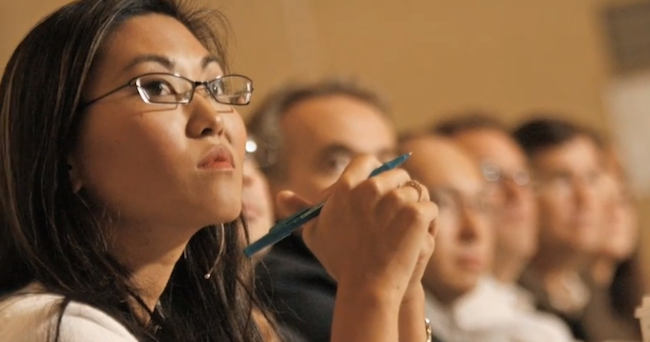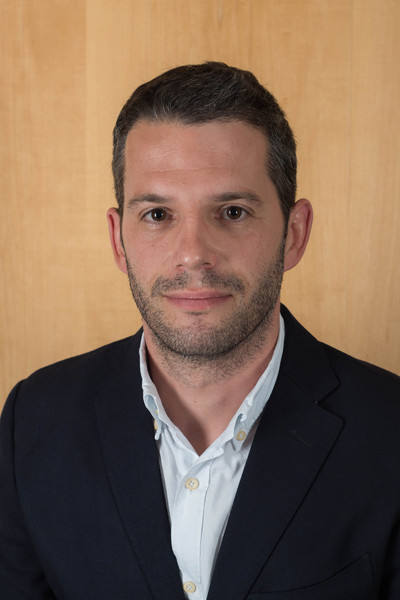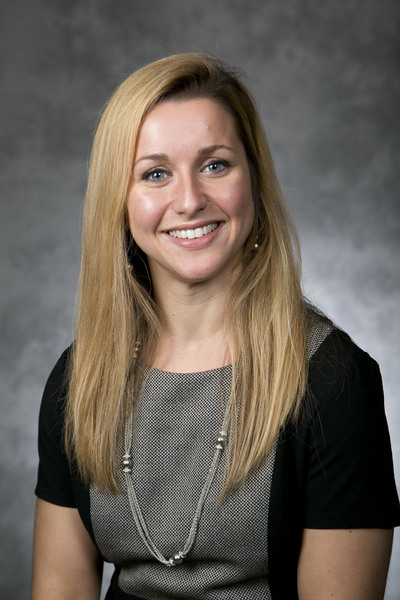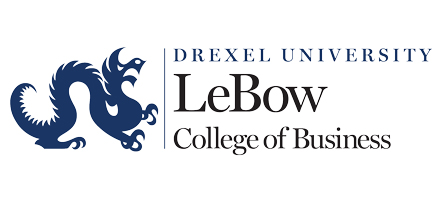
It’s called an “Ah-ha” moment.” It is that flash — that revelation —when everything comes together and makes sense. It is the satisfaction of overcoming — and the thrill of peering into a wider and richer world.
The Class of 2017 enjoyed plenty of “Ah-ha” moments on their journey to their MBA degree. Take Oliver Jarrett, who was part of the joint Northwestern University-Hong Kong University of Science and Technology program. A former scientist who became a business unit leader, Jarrett was naturally inclined towards maximizing sales. However, he admittedly had a “light bulb” moment that altered his approach during Gad Alon’s “Strategic Operations” course.
EVERYONE USES THE SAME TOOLS
“The insight was that when planning capacity, we should always consider the profitability of building or allocating capacity,” he says. “I know this sounds like a no-brainer in hindsight, but it wasn’t obvious to anyone in the class. We were all trying to maximize sales when then the most profitable thing to do was to not meet market demand. That will stick with me for sure.”
Jarrett wasn’t alone among this year’s “Best & Brightest” EMBAs in coming to similar epiphanies. The University of Maryland’s Jacqueline Manger is no stranger to high finance. A former actress who serves as chief operating officer for an investment portfolio administrator, Manger was required to build financial models that would be presented to a company board as part of Mike Faulkender’s “Finance” course. This exercise forced her to closely examine assumptions she had taken for granted in looking at finished products.

IMD’s Andreu Torregrosa Martinez
“Having been in the operations end of the investment business for so long,” she admits, “I placed that aspect of investing into a “gilded tower.” My biggest insight is that everyone in business is making decisions in uncertainty and using similar tools to model the future in order to gain insights that inform decision-making amid this uncertainty. This demystification of this aspect of finance was a real confidence builder for me.”
KEEP POWERPOINTS TO 3-5 SLIDES
Such projects often brought important lessons to life for the Class of 2017. At Purdue University, Courtney Metzger completed a 15-week, team-based “Active Learning Project,” whose objective transformed from boosting profits to transforming the business entirely. “The project helped me to develop a working knowledge of almost every single strategy tool that exists,” she gushes.
At the same time, IMD’s Andreu Torregrosa Martinez came away with a critical insight during “Strategy.” Here, his team coached a startup in Switzerland and then pitched it to VCs as part of their Discovery Expedition to Silicon Valley. “The key learning for me from this experience was that, no matter how complex a problem/project is, if you cannot distill it into 3-5 slides and a short presentation then you are not effective and will lose your audience,” he shares. “Keep it simple and succinct.”
Such projects exposed executive students to new approaches in different types of organizations. However, a key benefit of the EMBA experience is being able to immediately apply what they learn to where they work. Taking “Organizational Behavior” two years ago turned out to be great timing for Vanderbilt’s Kelly Feist. Responsible for over $1.8 billion in business as a business leader at Philips Healthcare, Feist was also planning a restructuring of her 250-member team when she took the course. These lessons enabled her to complete the initiative using a strategy more informed by research and experience.
“My approach to managing the performance of my team has become much more focused on frequent touch points and support, rather than more traditional performance management techniques,” she admits. “I am seeing better engagement, increased trust within the team, and timely self-selection by individuals that do not fit with the culture of the team.”
MARKETING MESSAGE STARTS WITH BUSINESS MODEL

University of North Carolina’s Simone Saleh
Change management wasn’t the only area where the “Best and Brightest” found inspiration and takeaways. Brandon Bingham, the general manager of a 200 employee car dealership, credits his “Data Analytics” course at Arizona State with helping him gain an advantage. He did this through methodologies that enabled him to find value in data that is often overlooked by competitors.
“I was able to shift my business model (including the hiring of an undergraduate analytics major), which has allowed us to realize double digit first quarter growth in a flat industry,” he boasts. “The biggest insight I received in this class was how to properly segment data and make it useful. In some sense, analytics is like any other business unit and it has to have a strategy for it to be effective.”
For other EMBAs, the coursework introduced them to a broader world. Simone Saleh, a restaurateur and aspiring entrepreneur, has always been fascinating by branding. However, “Marketing Management” served as an eye-opener for her at the University of North Carolina. Along with learning traditional mediums and methods, Saleh also explored how the culture, technology, and operations ultimately shape marketing as much as product features and market niches. In other words, the business model is the message as much as the means.
“This course gave me insights to improve the brand of my family’s restaurant and to begin to align all forms of marketing that we do,” she explains. “Not only did this course help me revamp our restaurant’s marketing, but it also helped me form a better idea of what I’d like to help businesses do in the future.”




